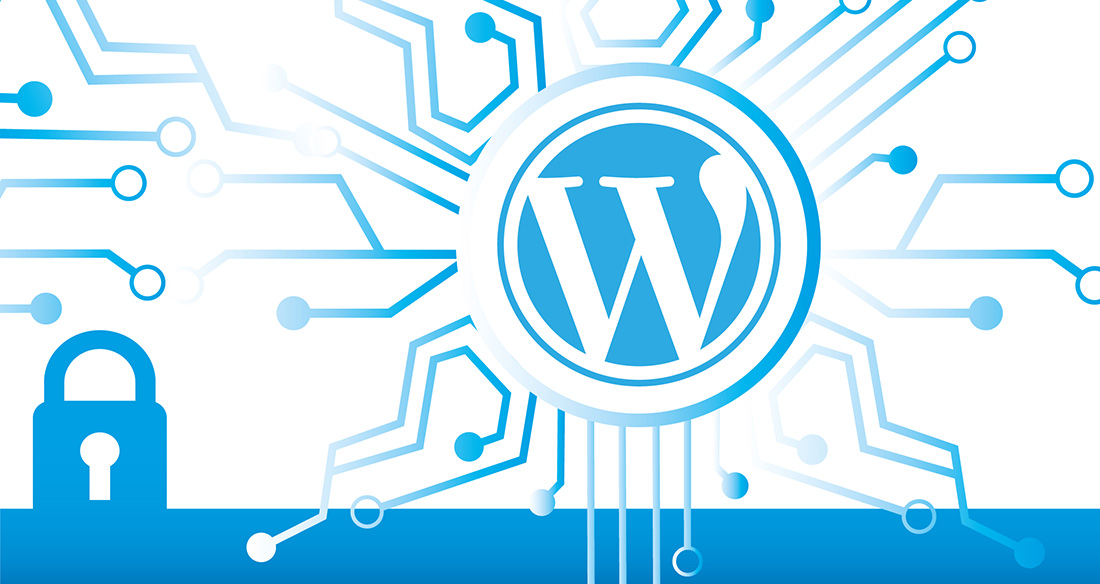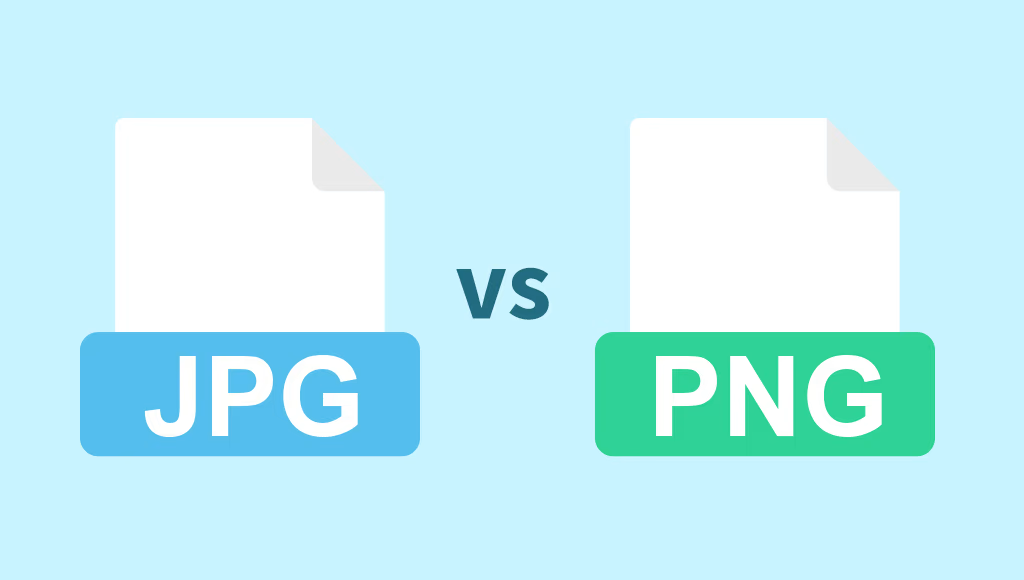We hear a lot about WordPress security issues, and hackers misusing security loopholes, and security updates, but why should you, a WordPress site owner, worry about these?
Because no WordPress site is completely devoid of threats, you can always do more to ensure that any existent security flaws are uncovered and resolved, and weakened security features are strengthened to meet the most dangerous attacks.
Possible WordPress security issues that you could face repeatedly include dangerous redirects to spammy websites, phishing schemes to entrap your customers, unknown external links, and selling illegal products, putting you into a lot of potential trouble.
You can follow this WordPress security guide to fix loopholes – https://www.getastra.com/blog/cms/wordpress-security/wordpress-security-guide/
Despite all your efforts, the probability of hackers finding a single vulnerability and exploiting it to its maximum is a terrifying alternative that no WordPress site owner looks forward to, especially if this means losing your trusted clients and your credibility.
These WordPress security issues will also cause your site to be blacklisted by major search engines like Google, preventing your clients from accessing them and hitting your website traffic statistics hard. WordPress could also suspend your account if they believe you’re a threat to other users and visitors, leading to loss of revenue as well.
This is where you need good security scanners to conduct comprehensive checks periodically to monitor possible threats and resolve them quickly while strengthening your existing barriers. Here are a few functions a security scanner should include:
- Conduct regular scans of the entire WordPress site to detect the presence of malware, malicious payloads or domains, and other suspicious activities.
- Detect hidden and disguised malware from cleverly manipulated file locations.
- Continuous monitoring of the site is a must, and all activities, suspicious or otherwise, should be made a note of and a report on it finalized and sent to the site owner.
- Block all hacking attempts, complex or simple, like brute force attacks, etc.
- Able to work simultaneously with the website without slowing it down while conducting necessary resolution of any WordPress security issues that may pop up.
- Pending updates are an important part of maintaining WordPress security, so a good scanner should regularly check for such updates and make sure that they are properly installed and configured, providing you alerts on the same.
- Keep an eye out for the website’s blacklist status on all search engines, provide alerts, and work towards the steps required to solve them and remove any malware warnings.
- When providing detailed reports, it should include all the details such as versions of the WordPress platform, it’s extensions, plugins, themes and other third-party sources to verify compatibility and security.
- Should be occupied with all facilities required for fixing any flaws in the WordPress security issues, quickly, and effectively.
Websites of all sorts and sizes face crashes and attacks. So regardless if you have a plain site, or one full of sticky elements, redirects, etc., you have to be well-protected. Thankfully, tools like Emergency Recovery Script exist. ERS will give you admin access and restore your site in minutes for free. And since it’s independent of WordPress, it’s also effective in any situation.
Many malware scanners offer these facilities to some capacity, but for the best services and least concern of supervision, choose Astra Security. From the detection of vulnerabilities to solving them and then strengthening security barriers to prevent reoccurrence, Astra Security comes armed with every solution to every problem.
Some things that can be noted during or after a scan are the provisions for launching fake attacks on the login page of the WordPress site so as to test the strength of the login credentials of all the users, the need for modifying ‘.htaccess’ to any files or disable any directory browsing to prevent unwanted access, etc. Make sure to scan your site regularly for any WordPress security issues and check for susceptibility to XML-RPC brute force attacks and any hidden malware in any extensions, themes or plugins.
All results should be compiled in a detailed analysis report for the respective authorities of the organization to access at any time, especially during updates and plans to strengthen existent security levels. This will also help the team to make quick decisions on whether outdated plugins need to be updated or removed from further testing processes. Such reports are useful in further stages of security and compliance testing such as PCI, HIPAA, HSS, etc, and for sharing vital security information. Security analysts will use this information to further configure scans that will then check for specific individual vulnerabilities, allowing checks for security issues and vulnerabilities to be more precise and dealing with issues that require more attention.
When the list of WordPress security issues is released, hackers often work fast and together to scan for sites that do not have adequate protection against such loopholes or have semi-secure security plugins that offer little to no security, and then inject malicious content onto the site. To stop these attacks from happening further, rigid security scans at periodic intervals should be a matter of priority for all WordPress site owners, plans should be formed on how to deal with any issues that emerge and quick resolutions.
Thus, it is a fairly important exercise to regularly scan your site for WordPress security issues and confirm its best performance.


















